Content
Sooner or later, every farmer is faced with the fact that the animals in his farm start to get sick. Diarrhea in cows can be the result of problems with the digestive tract, the result of infectious diseases. In this case, the primary task of a person is to prevent dehydration of the animal as soon as possible.
Possible causes of diarrhea in cattle
Diarrhea is one indicator that a cow has gastrointestinal problems. But it is worth remembering that there are other reasons that can cause diarrhea in bulls. The most common variants of the onset of the disease include:
- Dysbacteriosis, which can develop due to a sharp change in feed. Abrupt transitions from dry hay to fresh grass and vice versa should be avoided. Also, dysbiosis can occur due to a lack of fiber in the body. Most often, the problem is typical for young gobies. Eating insufficiently pure vegetables and root vegetables can be another cause of the disease.
- Poisoning. Cows are indiscriminate in the food they eat, so they can easily eat a poisonous plant or moldy vegetables.
- Damage to the body by helminths or other parasites. Diarrhea in this case will be the result of intoxication.
- Intolerance to some types of food. Most often it is explained by the presence of any components in it that are rejected by the cow's digestive system.
- Fermentation of food in the stomach. Most often, this phenomenon occurs in the off-season when temperatures drop at night. Frozen grass starts fermentation and, as a result, causes bloating and diarrhea.
- Lack of vitamins and micronutrients. A hungry animal begins to literally lick everything it sees. Ingestion of unsuitable products or objects disrupts the digestive tract.
- Viral infections that cause the inability of normal absorption of water in the intestine. Most often, cows suffer from rotavirus infection, gastroenteritis and coronavirus enteritis.
There are cases when the onset of diarrhea can be a symptom of more serious diseases in livestock. Cows are susceptible to diseases of the cardiovascular system, liver and kidneys. In such cases, additional diagnostics are required in specialized veterinary centers.
Why is liquid stool in a cow dangerous?
Diarrhea is characterized by insufficient absorption of water in the intestine, therefore, its cleansing from feces occurs much more often than usual. Prolonged diarrhea will gradually lead the animal to dehydration, which can lead to serious health problems. Lack of water in tissues leads to inflammation and can cause destruction of some internal organs.
If, with diarrhea, the cow comes out with feces along with the feces, the cow needs an urgent examination by a veterinarian. Most often, blood is evidence of damage to the intestinal walls or the presence of a large number of parasites in the animal. In cases of serious injury, an urgent operation may be required to avoid the death of the sick animal.
Diarrhea is considered the most dangerous in young bulls, especially in cases of bloody discharge.Young animals are dehydrated much faster than adults. Untimely noticed diarrhea and late start of treatment leave little bulls with a chance of survival.
What to give a cow for diarrhea
The main thing to do at the first sign of diarrhea is to make sure that the cow is drinking plenty of fluids. In addition to the large amount of water, it is necessary to improve its natural absorption. To do this, add a small amount of table salt to it.
A prerequisite for treating diarrhea in livestock is feeding restriction. Malnutrition will reduce the production of stool and relieve the digestive system for a while. To consolidate the treatment, it is advised to add a variety of astringent preparations to the water.
Traditional treatment of cattle diarrhea
Cow diarrhea can be a symptom of a more serious illness. The first priority in treating an animal is precisely the elimination of diarrhea and dehydration. After a complete stop of loose stools, it is necessary to pass tests in order to continue the fight against the disease. The traditional treatment for diarrhea in livestock is the following drug sequence:
- Replenishment of the body's fluid-salt balance. For these purposes, sodium hydrochloride, Rehydron, Orasan, Gastrolit and Reosolan are used. These preparations are bred according to the instructions on the package and sick cows are soldered with them. You can use a homemade analogue of such medicines - 3 tbsp diluted in 1 liter of water. l. sugar, 1 tbsp. l. salt and 1 tsp. soda.
- The next step is to cleanse the cow's body of toxins. At this stage, it is recommended to give absorbents - Polysorb, Polypefam and Sorbik.
- Further, it is necessary to reduce intestinal motility. For this, Domperidone or Metroproclamide is injected intramuscularly. These medications can help reduce the frequency of bowel movements.
- Restoration of the correct functioning of the gastrointestinal tract. The cow is given preparations containing a complex of enzymes - Finzim, Oltek or Fidland.
- The result should be the consolidation of the normal intestinal microflora. The best solution is to use special complex probiotics for cows - Biomastin or Emporobio.
With the right treatment, diarrhea stops quickly. If, after 3 days, the cow continues to have diarrhea, it is worth seeking veterinary help as soon as possible. Most often, such cases indicate some more serious illness.
During diarrhea, the cow's body is severely weakened, so she may refuse to eat. In such cases, it is necessary to inject a glucose solution intravenously. This will increase the pet's appetite and energize the animal.
Traditional methods of treating diarrhea in cows
There are times when it is impossible to get veterinary help quickly. The farmer should turn to traditional medicine, repeatedly tested by ancestors. These treatments are passed down from generation to generation and have proven to be excellent in the treatment of diarrhea in bulls. At home, it is believed that the following methods are best for stopping diarrhea:
- Decoctions based on flax, rice and oats. Can be fed to cows either in pure form or diluted with water. Such decoctions help to fix loose stools and get rid of diarrhea.
- Activated carbon binds toxins and absorbs harmful microorganisms. In the absence of tablets, you can use crushed charcoal.
- To improve the microflora in case of diarrhea, cows are advised to give overcooked rye bread. It must be crushed into powder and diluted in water.
- A decoction based on plantain and rose hips has excellent anti-toxic properties that can alleviate the shock state of the body in case of parasite poisoning.
- To restore the intestinal microflora, it is recommended to feed the cows with fermented milk products. Small portions of kefir or yogurt will help restore stool.
It is believed that the most important basis for the treatment of diarrhea in cows with folk remedies is the use of astringent decoctions. An hourly intake of liquid for St. John's wort, burnet and bird cherry berries helps to normalize the functioning of the gastrointestinal tract. Do not forget about oak bark - for a long time it has been one of the main components of medicines aimed at restoring the proper functioning of the intestines.
Preventive actions
Treating diarrhea in cows is quite problematic. To avoid diseases, it is necessary to strictly observe a set of measures aimed at preventing possible diseases. Most often, these aspects relate specifically to the keeping of cows. To prevent cattle from getting diarrhea, you must:
- maintaining the cleanliness of the stall in which the cows are kept, and timely removal of manure;
- fresh balanced meals of good quality;
- the cleanliness of the pasture and the absence of poisonous plants on it;
- using portable drinking bowls for cows and avoiding watering in rivers and streams;
- preventing livestock from eating plants after night frosts.
In order to prevent diseases of the gastrointestinal tract, it is recommended to add a small amount of activated or bread charcoal to food. It helps to escape excess gases, and also helps in the absorption of accumulated harmful bacteria. Charcoal is diluted in cooled boiled water in a ratio of 1:10. It is believed that the optimal dose is 10 ml of such infusion per 1 kg of animal weight. Taking such a mixture once a month minimizes the possibility of developing dysbiosis and other diseases of the digestive system.
Conclusion
Diarrhea in cows is a disease that, if detected late or inadequate medical care, can cause enormous harm to the animal's body and can be fatal. The correct set of measures for the treatment and prevention of diseases of the digestive system will avoid the appearance of diarrhea in livestock.
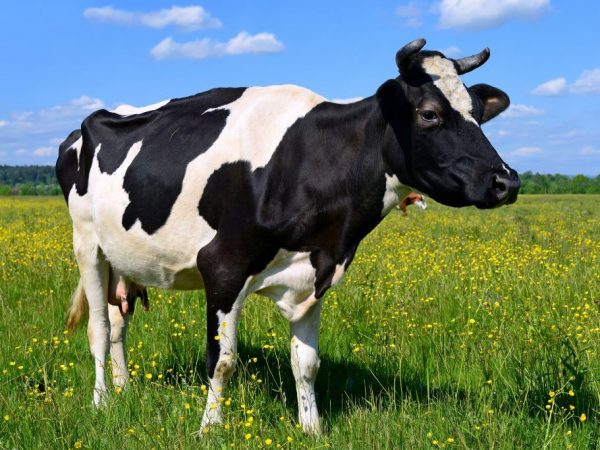
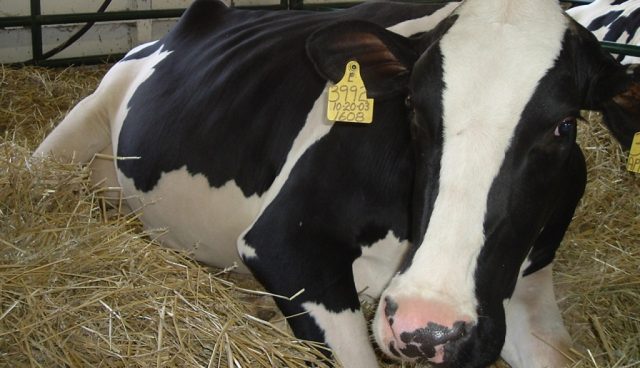
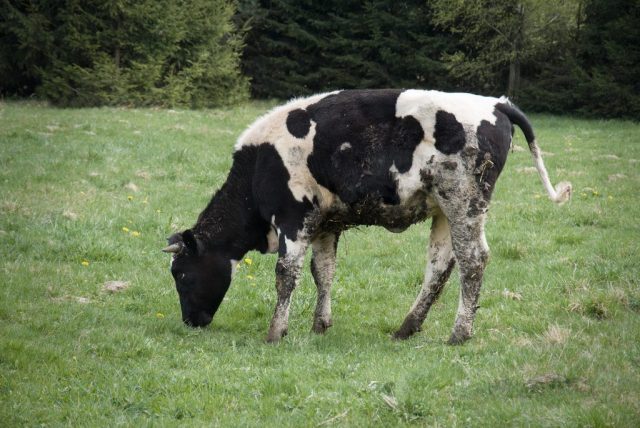
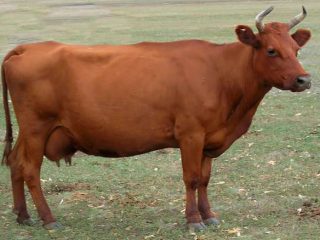
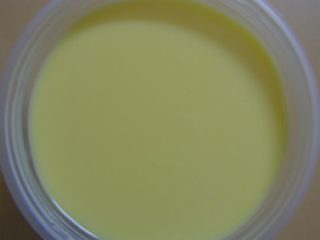



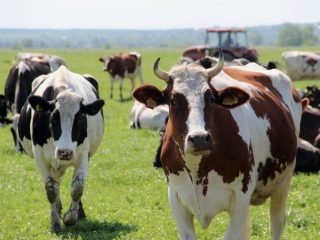



Vet. the doctor put droppers and did heart support, what can be done from folk remedies?